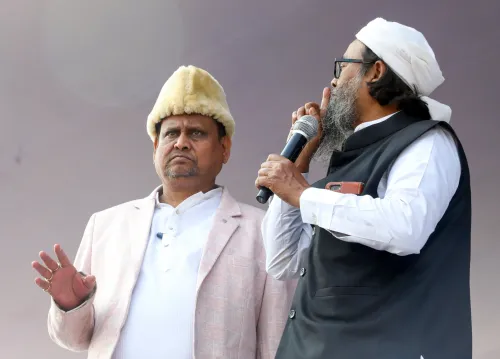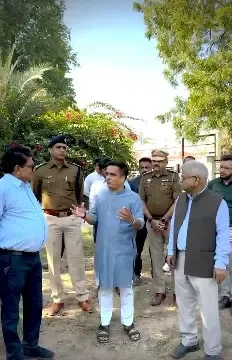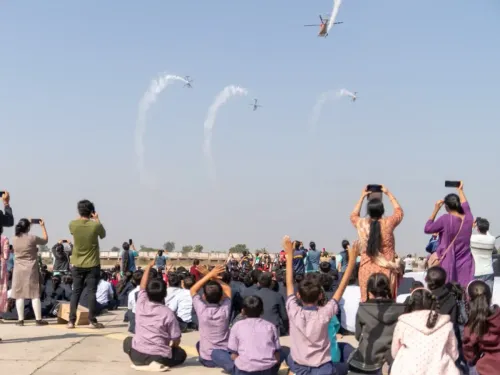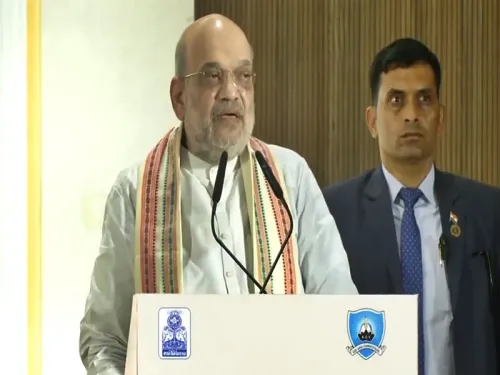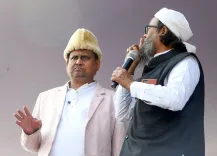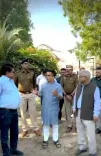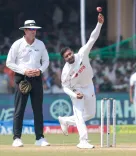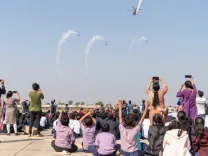Is Pakistan Utilizing Turkish Drones with Chinese Support?

Synopsis
Key Takeaways
- Rashid Alvi raises concerns over foreign military support for Pakistan.
- Pakistan's drone strikes focus on Indian territories including Kashmir.
- The conflict is escalating, with potential for a broader war.
- India emphasizes its commitment to peace while addressing terrorism.
- Vigilance is crucial given Pakistan's nuclear threats.
New Delhi, May 9 (NationPress) In light of escalating tensions along the border following Operation Sindoor, Congress leader Rashid Alvi expressed serious concerns regarding foreign support for Pakistan's military actions. He claimed that the drones used by Pakistan are predominantly of Turkish origins, possibly receiving backing from China as well.
In an interview with IANS, Alvi stated, "Undoubtedly, there is external support for Pakistan. Our suspicions are directed towards Turkey and China. A significant number of drones deployed by Pakistan originate from Turkey. Thus, both Turkey and China seem to be allied with Pakistan."
This statement comes as Pakistan intensifies its offensive against Indian territories such as Kashmir, Punjab, and Rajasthan, utilizing drone strikes and initiating cross-border shelling. According to Alvi, these actions signify a deliberate escalation by Pakistan, even as India restricts its military responses to targeting terrorist bases.
"The current situation appears to be on the verge of escalating into a full-blown war. Pakistan is making repeated errors. They initiated the attacks, and we were left with no choice but to respond. Pakistan must be held accountable for its actions. If they strike us, they should expect repercussions. Our focus was merely on terrorist camps; we had no intention of igniting a war," he asserted.
Addressing comments made by US Vice President J.D. Vance advocating for restraint to prevent a nuclear escalation, Alvi reaffirmed India's dedication to peace but cautioned that terrorism cannot go unaddressed.
"Peace is paramount, and the US Vice President's remarks resonate with us; nothing is more precious than peace. India has always championed peace and harmony. However, no nation can endure terrorism without a response. Our objective was to dismantle terrorist havens; that is all we aimed to accomplish, and we had the world's backing. The resulting war-like scenario is instigated by Pakistan," he concluded.
Alvi finished with a call for vigilance, especially given Pakistan's nuclear threats.
"When war breaks out, outcomes may seem clear, but it is crucial for the Indian government to stay alert. A vulnerable nation may act irrationally. Pakistan is attempting to intimidate us with nuclear posturing. They must recognize that we too have nuclear capabilities," Alvi cautioned.


